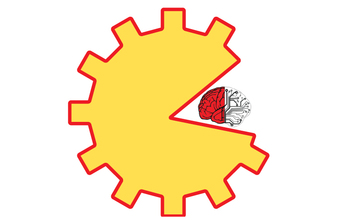
The world is undergoing a technological revolution and every sphere of life including factories is undergoing this revolution. As a result, manufacturing is becoming highly-automated and IT-driven or simply put, ‘smart'.
Reports suggest that over 4.9 billion connected things will be in use in 2015, which will reach 25 billion by 2020. A report also predicts that smart machines will have widespread and deep business impact within only seven years through 2020.
Various reports suggest that the global smart factory market is expected to reach nearly $67 billion by 2020, growing at a CAGR of six percent from 2014 to 2020. From the industry perspective, manufacturing, utilities and transportation will be the top three verticals using Internet of Things (IoT) in 2020. The next generation smart factory would be a purpose-built environment of efficiency and efficacy where whether defect or downtime, waste or waiting would be a long forgotten tale.
The Internet of Things is becoming prevalent in today's day and age, where it connects real and virtual worlds of production. The fusion of these two worlds via the internet enables manufacturers to the entire production line. This enables machines and products to inter-communicate and they can independently control each other.
The author is Managing Director, Infor India.
(Continued on the next page)
